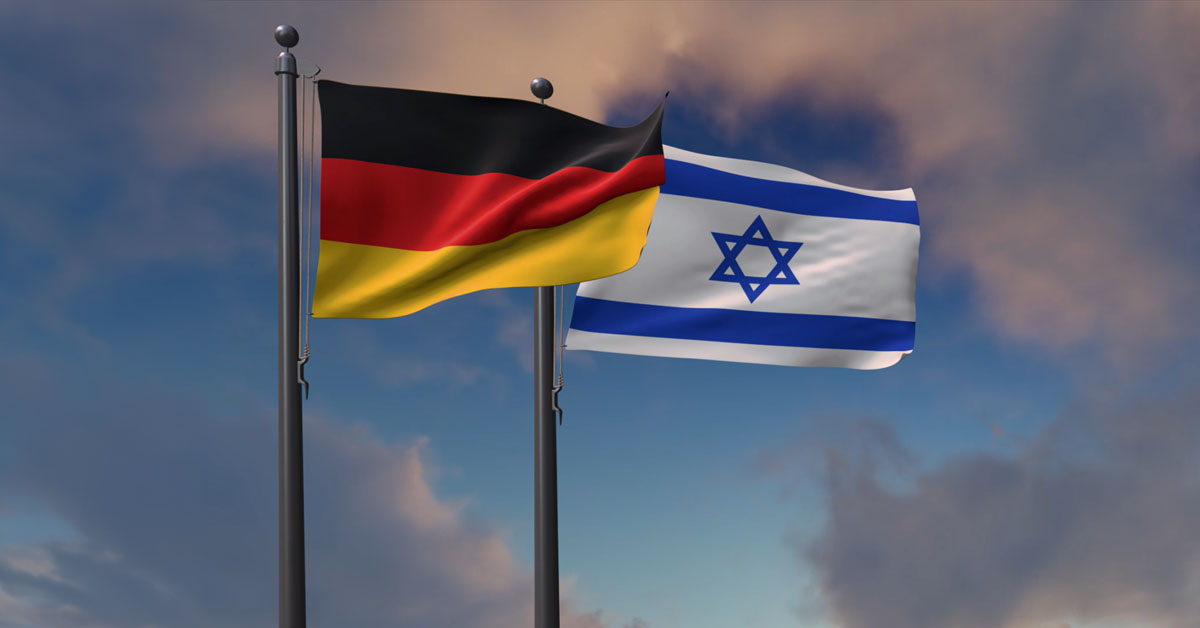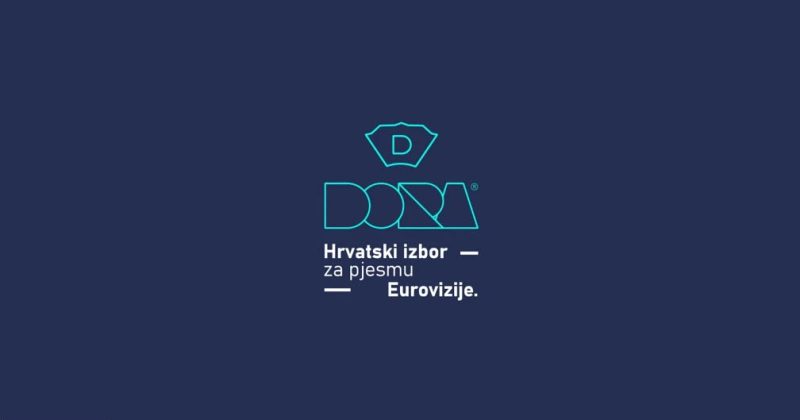
“Scandal”: German Chancellor Friedrich Merz vows that Germany will withdraw from Eurovision 2026 if Israel is expelled, stirring diplomatic waves and reshaping the balance of power in the European contest.
What would happen to the Eurovision Song Contest if one of Europe’s strongest countries decided to withdraw? German Chancellor Friedrich Merz has publicly backed Germany’s withdrawal from the competition if Israel is expelled. What does this suggest about the leverage of countries like Germany compared to others — such as Spain and the Netherlands — which recently declared they would boycott the contest if Israel does participate? The Chancellor’s new statement shifts the balance of power, but does it carry practical weight within the competition’s framework?
Germany’s Position and Merz’s Statement

In a clear and assertive interview with German media, the Chancellor stated: “If Israel is expelled, I will support our non-participation.”
This is one of the most striking political statements made by a senior European leader in the past year — and certainly the first to explicitly link political solidarity with an international entertainment platform like Eurovision.
At the same time, Merz added a note of criticism: “Our solidarity with Israel has never been in doubt. My personal feelings toward Israel are entirely positive — it is a wonderful country. However, in my view, certain military actions in the Gaza war have crossed the line.”
His remarks reflect the position of a European leader trying to tread carefully — maintaining Germany’s historic friendship with Israel while encouraging an internal dialogue about military policy and future solutions. For Merz, the European cultural charter cannot be detached from the values upon which post–World War II Europe was built — including Germany’s historic responsibility toward the Jewish people and the State of Israel.
The Vote on Israel’s Participation

Meanwhile, the European Broadcasting Union (EBU) announced that a special assembly of all member states — among the most significant in the contest’s history — will convene next month to decide whether to allow Israel to take part in Eurovision 2026.
The vote comes amid mounting political pressure from several Western European nations, including Spain, the Netherlands, Slovenia, and Ireland, which are calling for Israel’s exclusion.
Responding to this discussion, Chancellor Friedrich Merz delivered a pointed response: “I consider the very existence of such a debate a scandal. Israel is an inseparable part of Eurovision.”
Merz emphasized that in his view, the question itself should not even arise — and that holding such a debate undermines the competition’s founding values of tolerance, unity among nations, and cultural equality.
How Will the German Chancellor’s Statements Impact Eurovision?

The German Chancellor now faces the policies of the Spanish government and the decision made by the Spanish public national broadcaster RTVE, which announced its intention to boycott the Eurovision Song Contest 2026 should Israel participate. Both countries are members of the “Big 5” — the five principal nations funding the contest. However, Germany’s influence on Eurovision is considered much greater than that of Spain, signaling vital support for Israel in the international arena.
Still, despite the Chancellor’s statement, his call to boycott the contest should Israel be expelled does not bind the German national broadcaster SWR, which is responsible for Germany’s Eurovision participation. The final decision regarding Germany’s participation will be made by SWR alone, and it will have a significant impact on shaping the positions of additional countries before the upcoming vote within the European Broadcasting Union (EBU).
Broad Support for Israel’s Participation in Germany
The public debate in Germany over Eurovision 2026 is informed by new survey data revealing attitudes toward Israel and the participation of Israeli artists and athletes. According to a recent poll, about 65% of Germans oppose punishing Israeli artists or athletes, and instead support their continued participation in international events like Eurovision and sporting competitions. This indicates a trend to separate cultural and athletic activity from political tensions and demonstrates that the broader German public generally opposes the imposition of cultural sanctions on Israel.
Meanwhile, Spain’s national public broadcaster RTVE voted about three weeks ago to withdraw from Eurovision 2026 if Israel participates. Besides Spain, three other countries — the Netherlands, Ireland, and Slovenia — have officially announced their intentions to boycott the contest should Israel take part. In addition, countries such as Iceland have heard calls for a complete boycott, but there, the final decision will be made only after the gathering of EBU member states in Vienna in early November, where Israel’s participation will also be debated.
Germany at Eurovision 2025:
“Baller” (in English: “Shooter”) is the title of the song performed by duo Abor & Tynna, who represented Germany at the Eurovision 2025. The pair finished 15th in the Grand Final with a total of 151 points. The public televote ranked them 11th, while the professional juries placed them 13th.
This marks the second consecutive year in which Germany has achieved a relatively successful Eurovision result, avoiding the bottom of the scoreboard. Last year, singer Isaak secured 12th place in the Grand Final with his song “Always on the Run”.
Eurovision 2026: This will be Germany’s 69th participation in Eurovision. Germany joined the competition in 1956, was one of the seven founding countries, and has won twice over the years. Germany’s last victory was in Eurovision 2010 with the song “Satellite” performed by singer Lena Meyer-Landrut.

Email: [email protected]
Phone: +972-50-9441919
Ofek Jerassi is an Israeli reporter, editor, content creator, and commentator, specializing in the Eurovision Song Contest. He has developed his extensive expertise since childhood, becoming a close follower of the contest. For the past three years, he has served as a writer and editor for EuroMix—Israel’s largest Eurovision website and one of the world’s leading platforms in the field, with over 1.5 million users annually.
Ofek covered Eurovision 2025 on-site in Basel from the press center in the host city, providing EuroMix readers with firsthand experiences, professional analysis, and exclusive reactions from the audience, artists, and experts. His in-depth knowledge and broad familiarity with the Eurovision world are evident in every article, ensuring reliable, professional, and up-to-date content.
In his personal life, Ofek is a medic and avid traveler. He writes out of a genuine love for Eurovision, placing strong emphasis on credibility, professional commentary, and presenting a diverse range of opinions.








